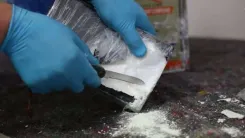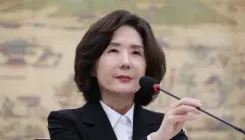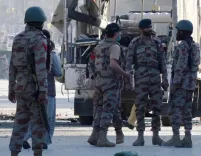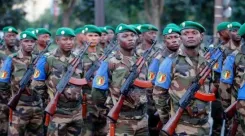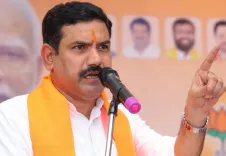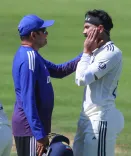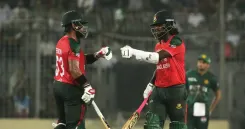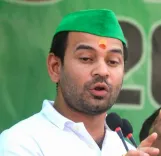Is Rwanda Embracing the Peace Declaration Between DRC and M23 Rebels?
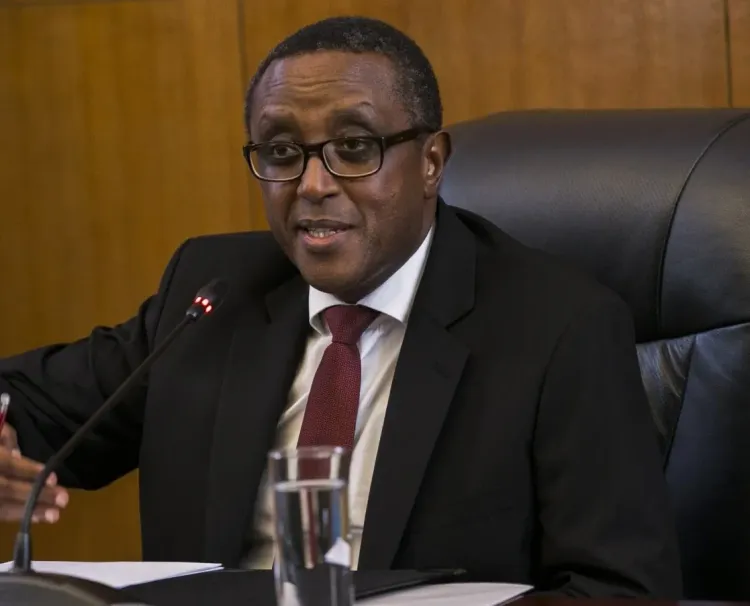
Synopsis
Key Takeaways
- Rwanda welcomes the peace declaration between DRC and M23.
- Negotiations were mediated by Qatar to facilitate dialogue.
- The declaration aims to address the root causes of the conflict.
- Rwanda reaffirms its commitment to regional stability.
- Violence has escalated in the DRC over recent years.
Kigali, July 20 (NationPress) Rwanda expressed its approval on Sunday regarding the signing of a declaration of principles between the Democratic Republic of the Congo (DRC) and the March 23 Movement (M23) rebel group in Doha, Qatar, with the objective of concluding the ongoing conflict in eastern DRC.
After extensive negotiations facilitated by Qatar, this declaration presents a framework of fundamental principles mutually accepted by both parties, paving the way for ongoing discussions aimed at achieving a comprehensive peace settlement.
According to a statement from Rwanda's Ministry of Foreign Affairs and International Cooperation, “The declaration in Doha represents a crucial advancement towards a peaceful resolution of the conflict in eastern DRC, addressing the core issues fueling the conflict and working towards restoring security and stability in our region.”
Rwanda commended Qatar's mediation role, acknowledging its efforts as an extension of the initiatives by the African Union and other regional stakeholders. The nation reiterated its dedication to fostering lasting peace and economic growth in the Great Lakes region, as reported by Xinhua news agency.
“We must all support the ongoing progress towards a definitive conclusion,” the statement emphasized.
This signing follows a peace agreement made last month in Washington between Rwanda and the DRC, which advocates for a halt to hostilities between the two neighboring nations.
The DRC has historically accused Rwanda of backing the M23 rebel group, a claim that Kigali vehemently denies. Conversely, Rwanda alleges that the Congolese army collaborates with the Democratic Forces for the Liberation of Rwanda, which has ties to the perpetrators of the 1994 genocide.
Eastern DRC has faced years of turmoil and conflict, with violence escalating in late 2021 due to the resurgence of the M23, which has captured considerable territory in the area, including the crucial provincial capitals of Goma and Bukavu earlier this year.

